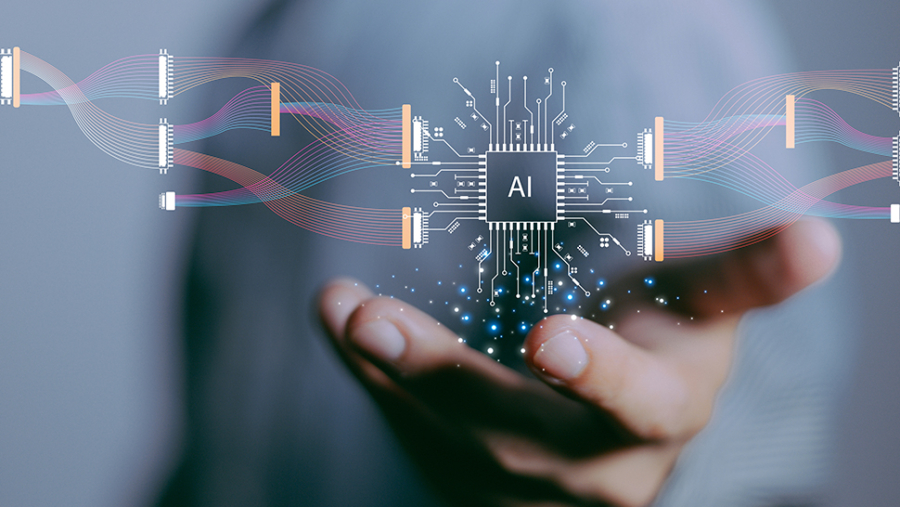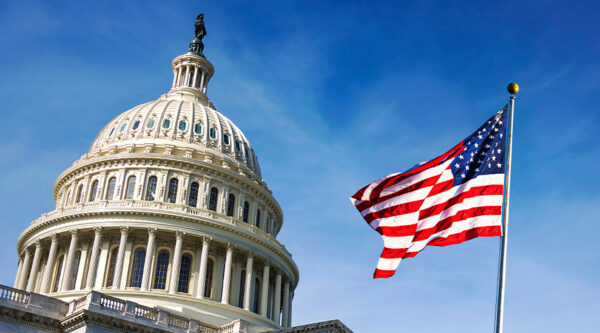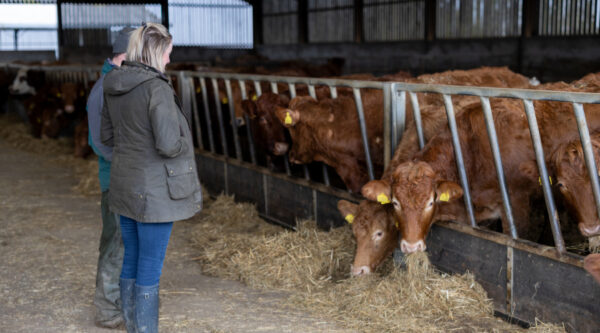

Inventors concerned about being replaced by Artificial Intelligence (“AI”) can sleep easier after the UK Supreme Court ruled on 20 December 2023 that any form of AI cannot be named as the inventor of a patent. The court confirmed that the current legislation requires a “natural person” to be the inventor of something that is patentable.
Device for the Autonomous Bootstrapping of Unified Sentience (“DABUS”) is an AI system built by Stephen Thaler. The system, capable of accommodating trillions of computations, has an artificial neural network that Thaler had “taught”. It subsequently created two novel items – a food container, constructed using fractal geometry, and an emergency beacon. Thaler filed patent applications for both naming DABUS as the inventor in a number of jurisdictions around the world, including the UK.
The Intellectual Property Offices in all jurisdictions, no doubt keen to stave off the AI takeover a little longer, refused to allow the applications to proceed. Undeterred, Thaler has appealed that decision, and in the UK has taken it to the High Court, Court of Appeal and now the Supreme Court.
The case
Thaler’s main argument was that DABUS had independently invented the items – therefore its creations should be patentable. He set out to persuade the UK Supreme Court that as he was the person who designed DABUS, he could derive a right to own the patents.
In theory, this would enable Thaler to put his feet up and allow DABUS to create an endless stream of inventions for him to profit from. However, this argument failed as Thaler only programmed DABUS with the knowledge needed for inventions and so could not be considered the person behind the output created by DABUS, according to the law.
The judgment
The court devised judgment on three issues:
- The scoping of the meaning of the term “inventor”
- Whether Thaler could be considered the owner of DABUS’ inventions
- Whether the patent office was right to hold that Thaler’s patent applications should be withdrawn.
Thaler’s argument that DABUS was an inventor was torn a part in the judgment as the court held that Thaler’s position was “flawed and legally impossible.”
In the judgment, Justice David Kitchin set out clearly that Thaler could not list DABUS on a patent. As a non-human cannot be listed as a creator of a patent or otherwise, this would fly in the face of core tenets of UK intellectual property law as per the Patent Act 1977 which determines that only a “natural person” could be established as an inventor.
Without an inventor, the applications lapsed and the patent office was right to treat the applications as withdrawn. Delivering the judgment, Justice Kitchin stated that DABUS “is not a person, let alone a natural person, and it did not devise any relevant invention.”
Undoubtedly a sound and sensible decision, but there may come a time when the “natural person” requirement becomes obsolete, and then we may find ourselves surround by inventions conceived by AI. For now though, Thaler’s efforts to achieve rights for an AI entity have been thwarted. Instead, we can just rely on them to drive us from A to B, cook our food and write our articles.










